Communist legacy of Eastern Europe
ที่ตีพิมพ์: 21.08.2023
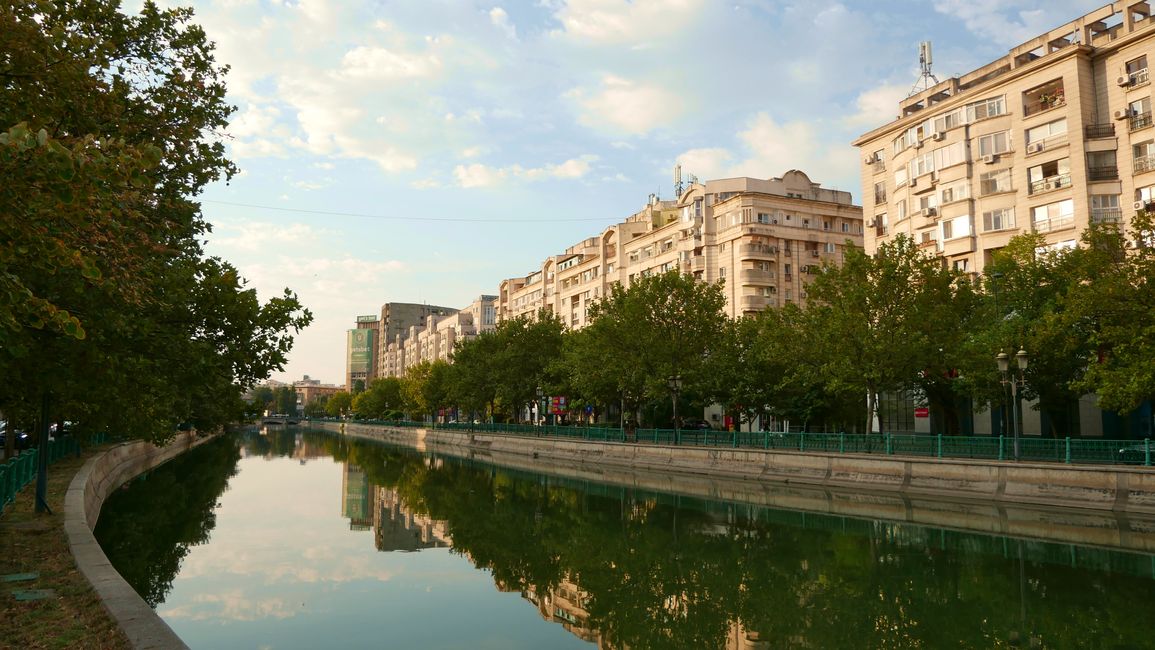
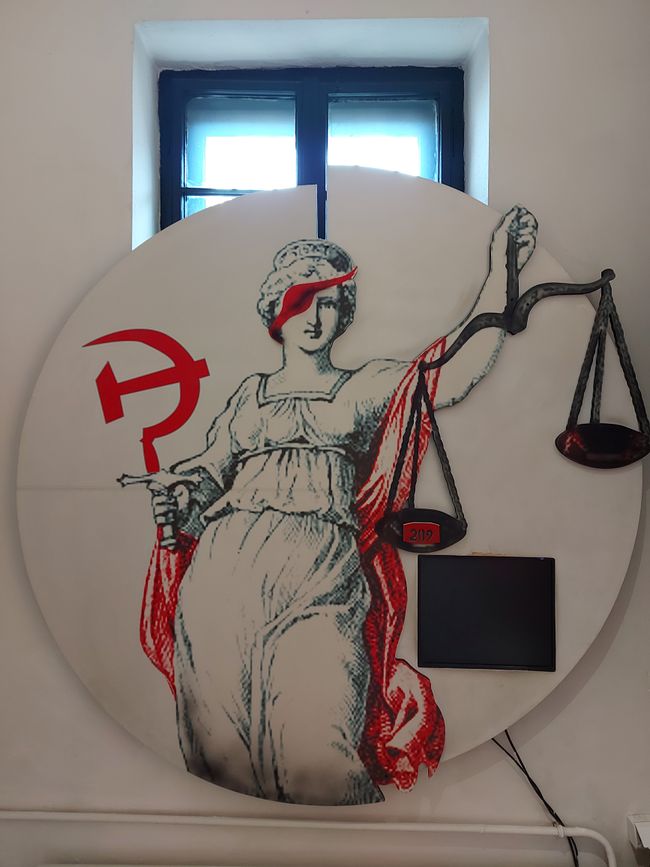
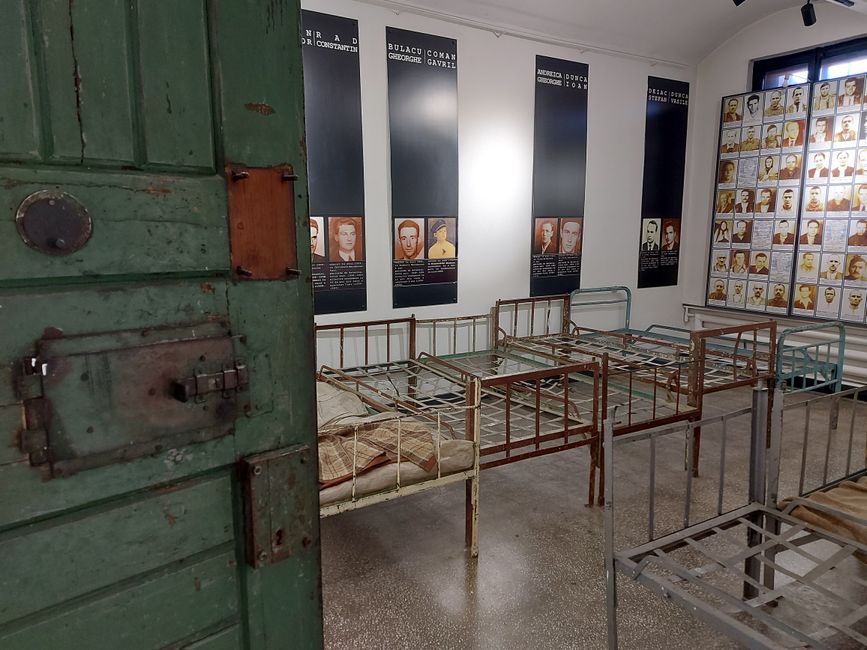
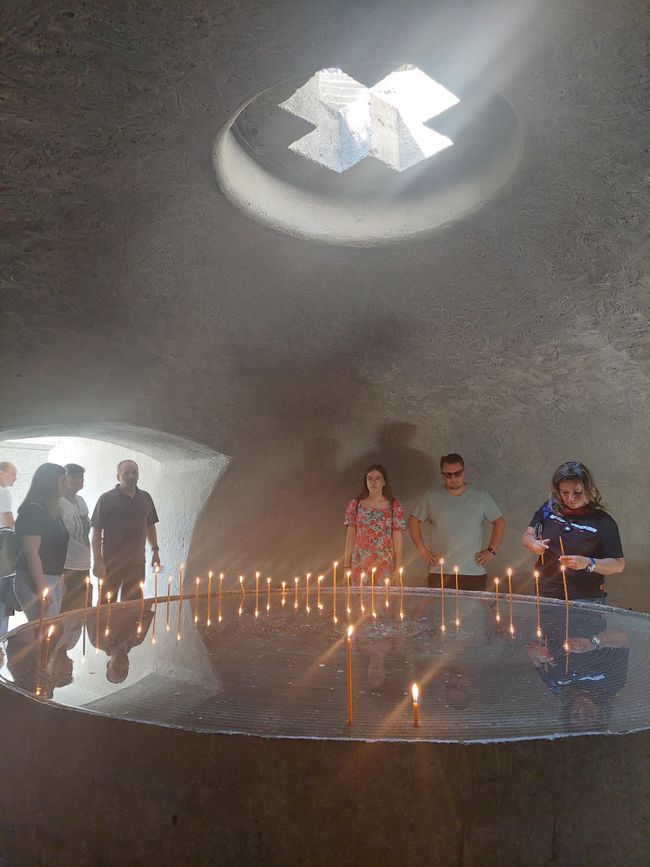
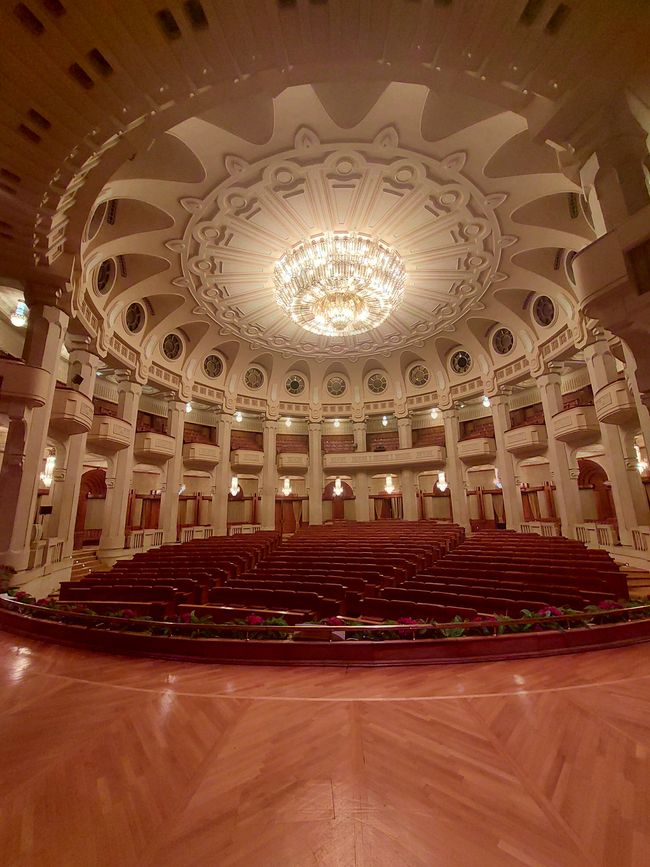
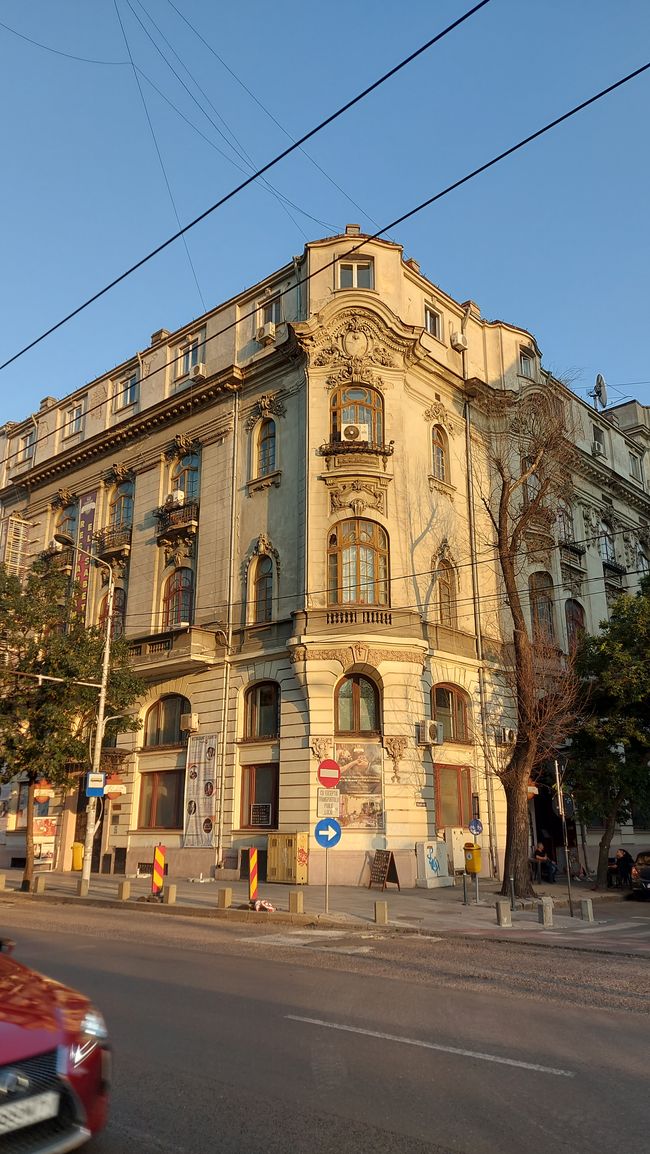
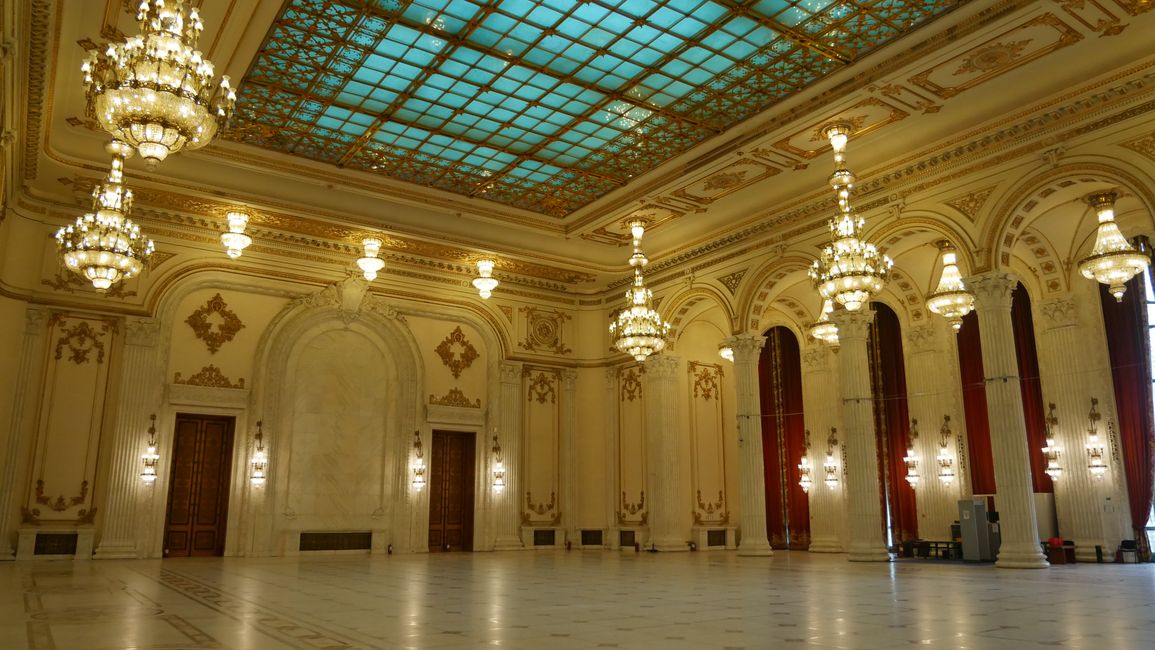
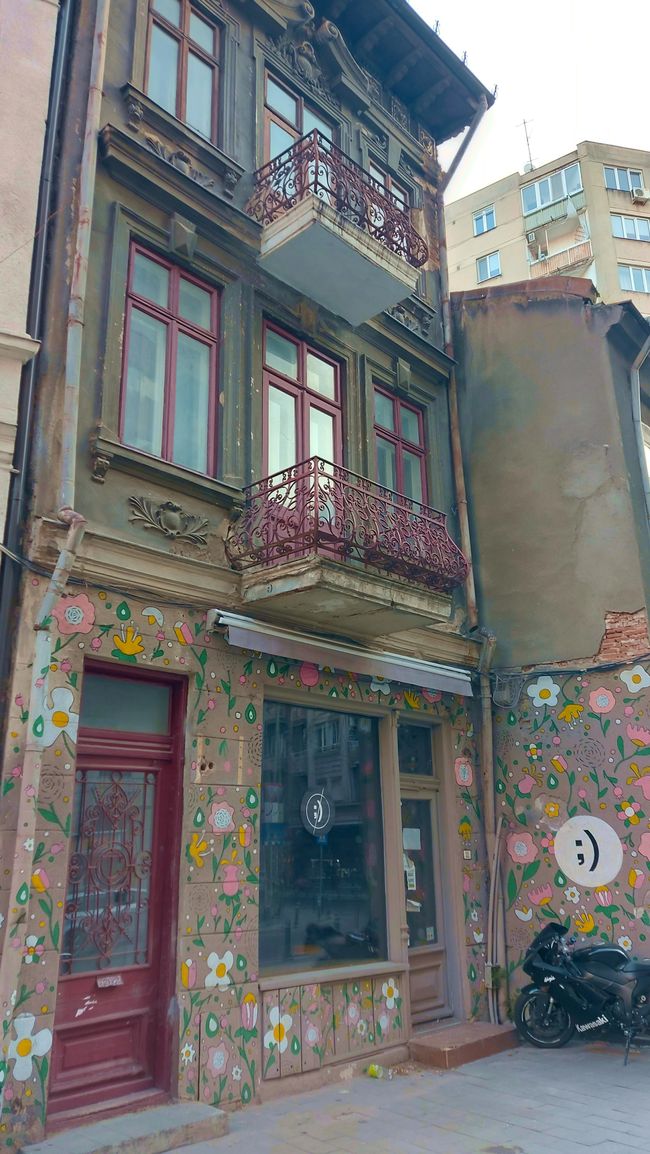

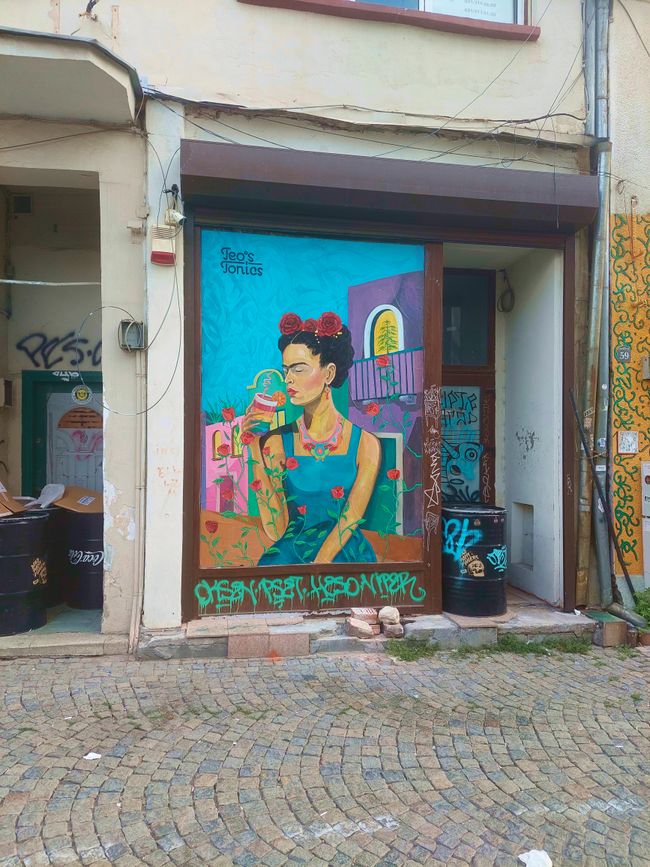
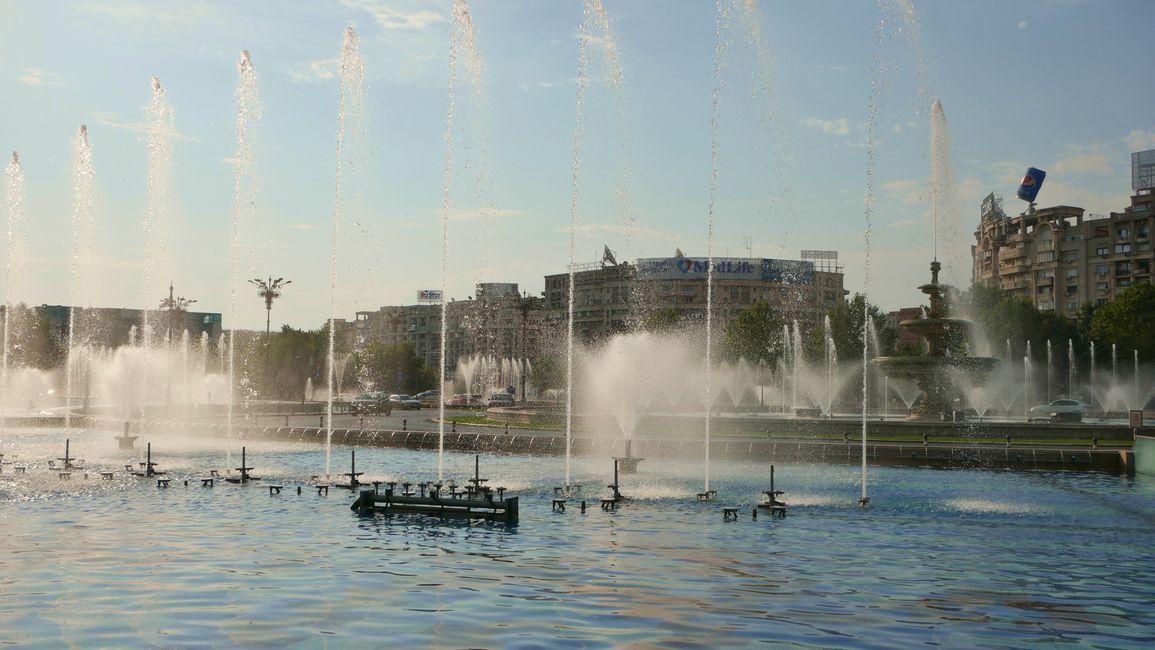
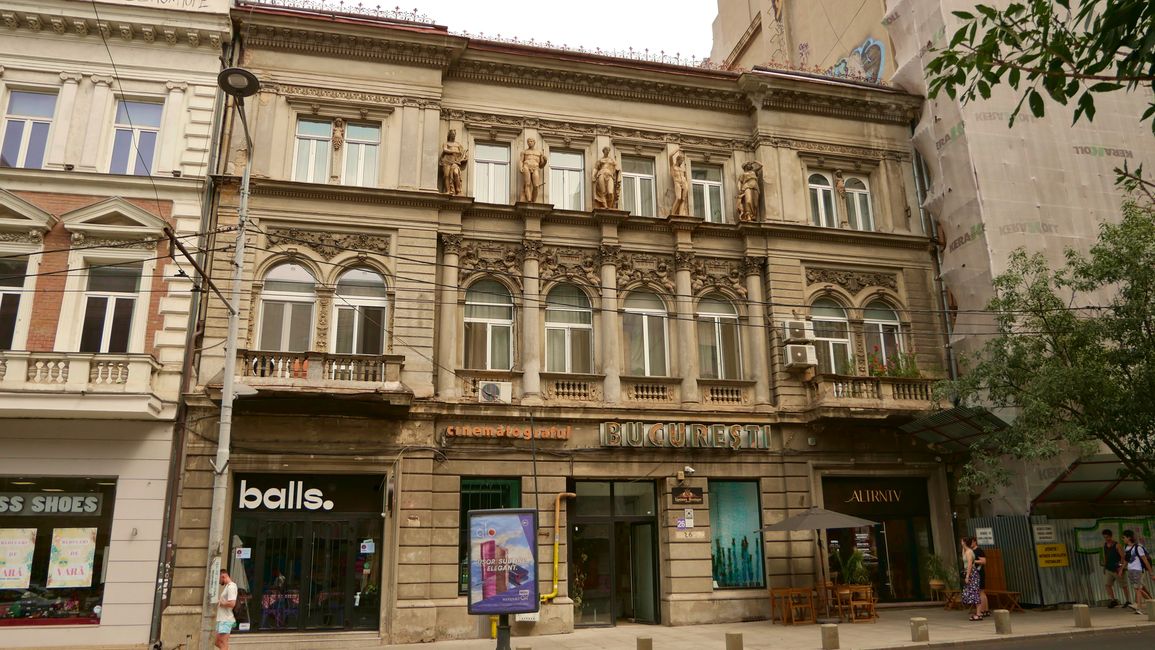
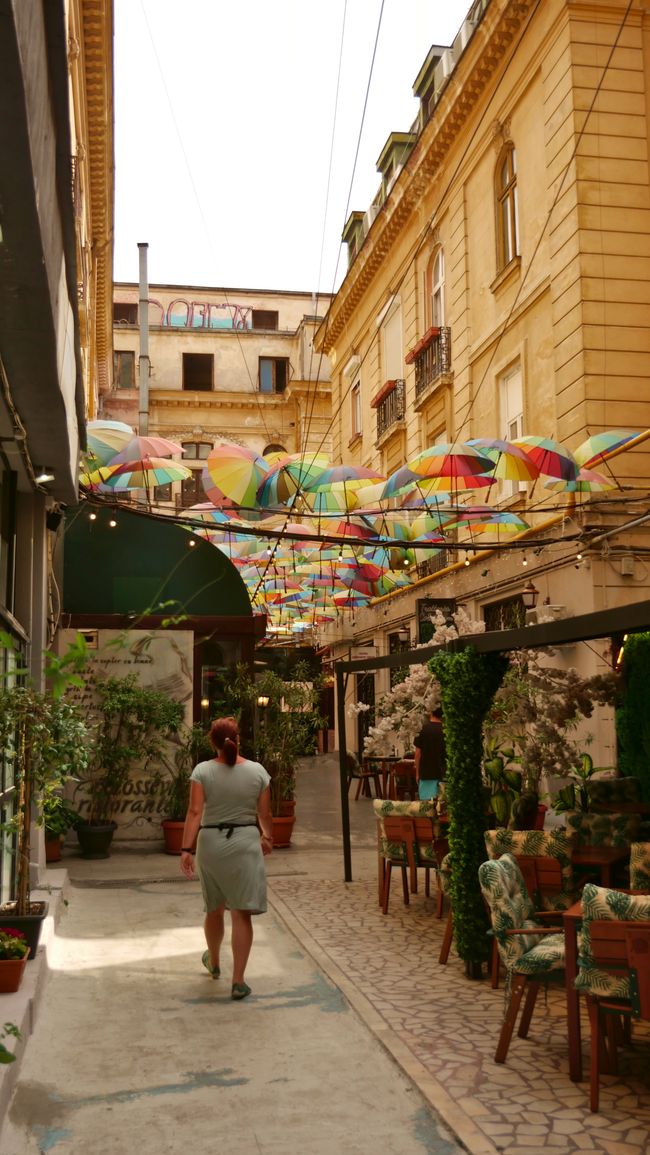
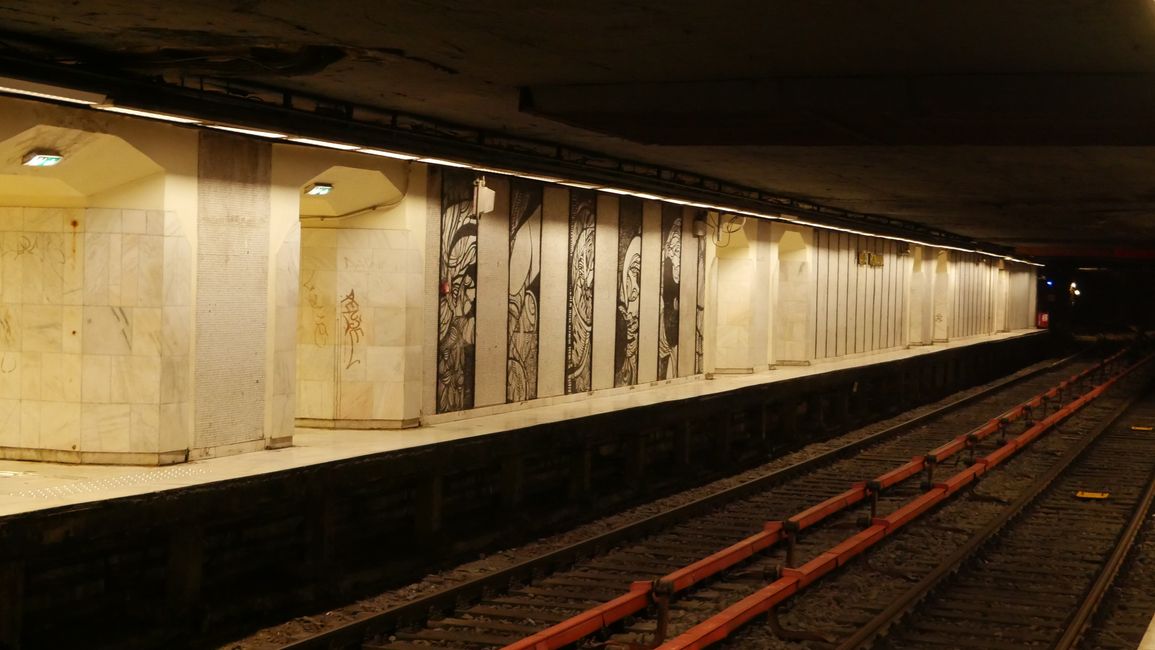
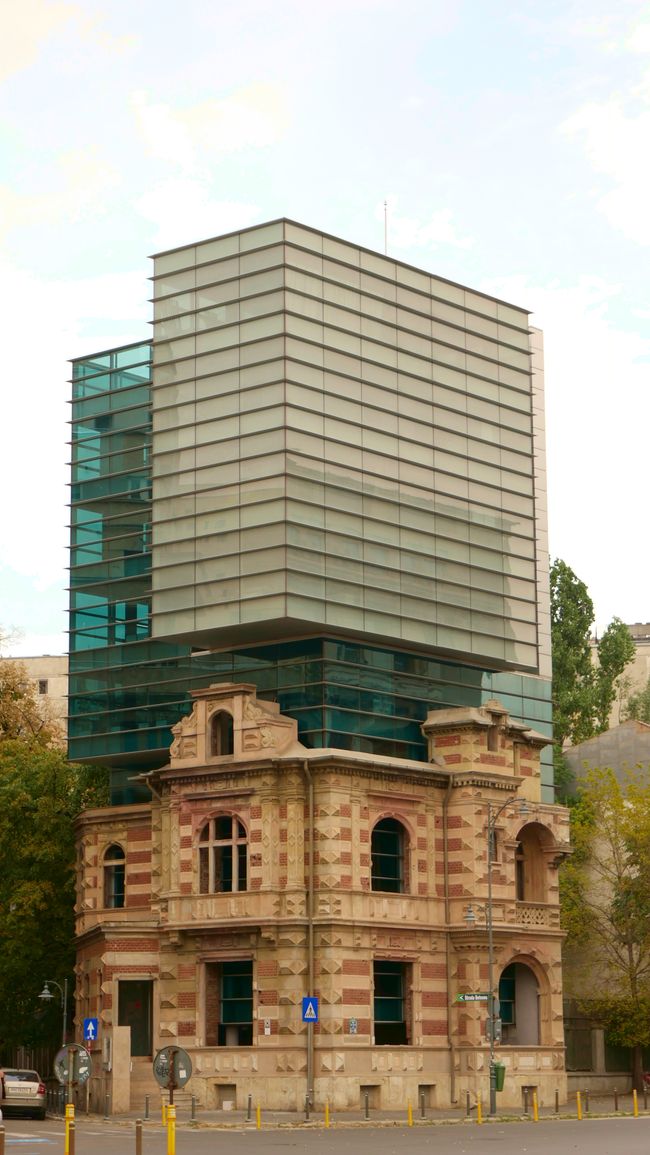
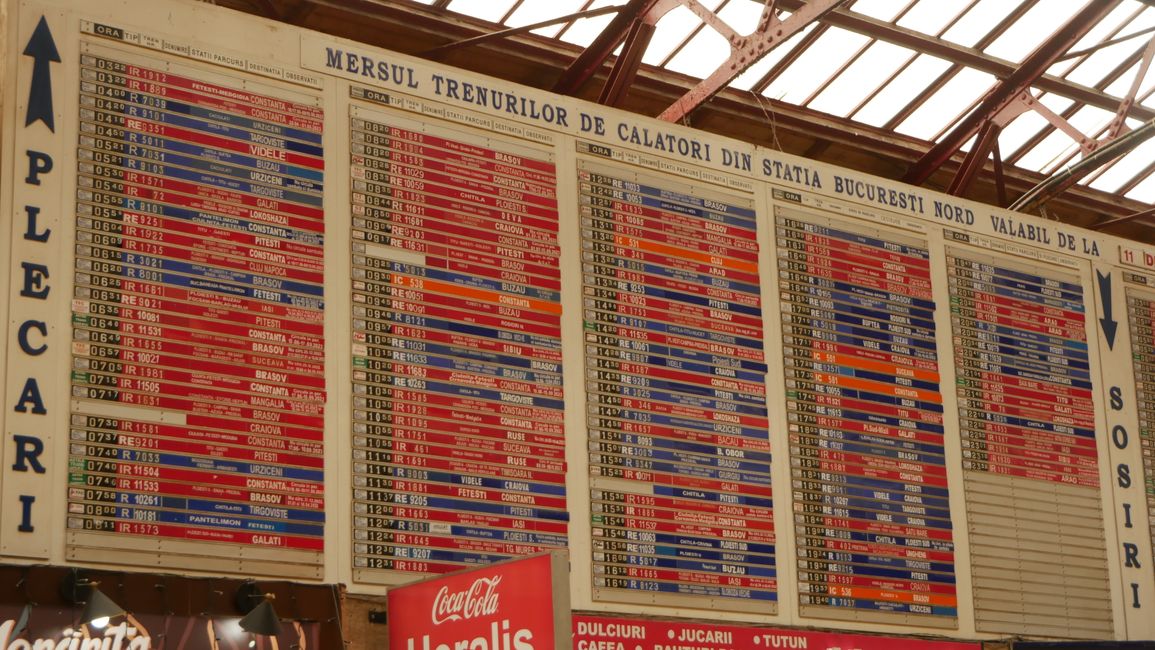
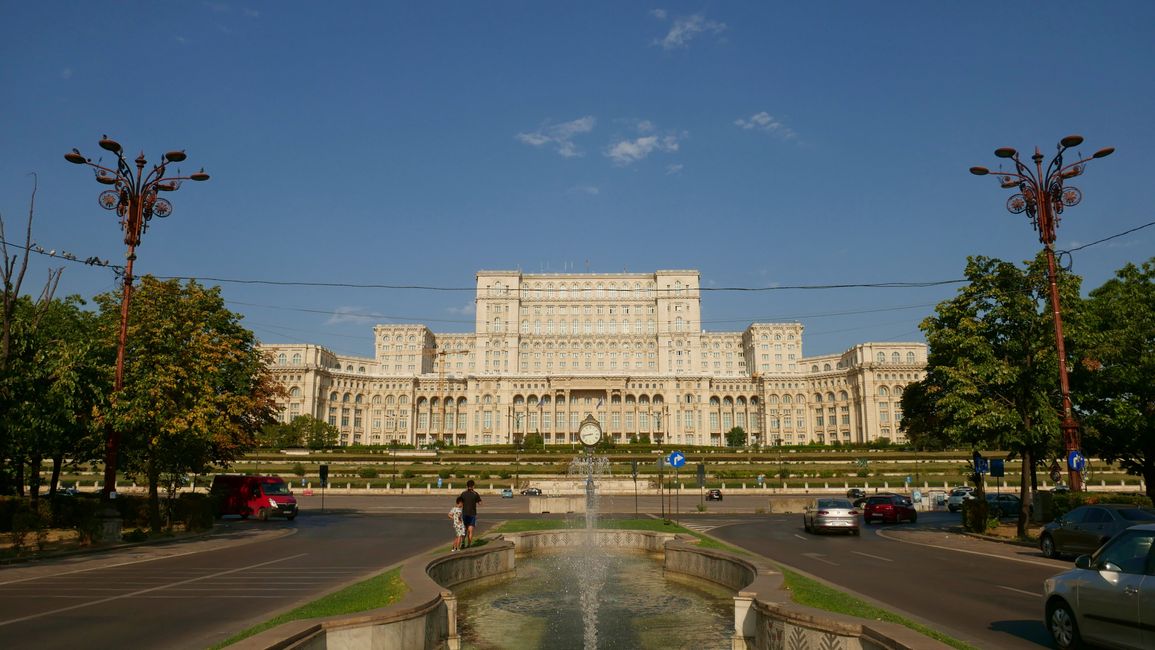
สมัครรับจดหมายข่าว
Just a few steps after crossing the border from Ukraine, we stumbled upon the first memorial site for the victims of communist dictatorship in Europe, the Memorialul Victimelor Comunismului şi al Rezistenţei in Sighetu Marmației. In 1992, it was decided to establish this memorial site in a former prison for political prisoners. The dramatic human rights violations, organized killings of opponents of the regime, and suppression of the population have taken even worse dimensions in Romania than in the GDR.

The memorial site was very well-visited by Romanians of all age groups, who apparently have a great interest in confronting their history. At the same time, the political leadership of the country is still influenced by "red barons" who were also active during the dictatorship. Not only in Bucharest, but also in the rest of the country, the European idea is very present. Whether it's Romanians using European freedom of movement and working in Western Europe for economic reasons while visiting their homeland every summer, the European flags hanging on every other lamppost, or the numerous signs reporting on European structural funding. Democratic values seem to have arrived in society, and we are welcomed hospitably as Germans everywhere we go. We have not encountered any Eurosceptics.

How to reconcile this with the old socialist elites and their successors who still cling to power is a mystery to us.
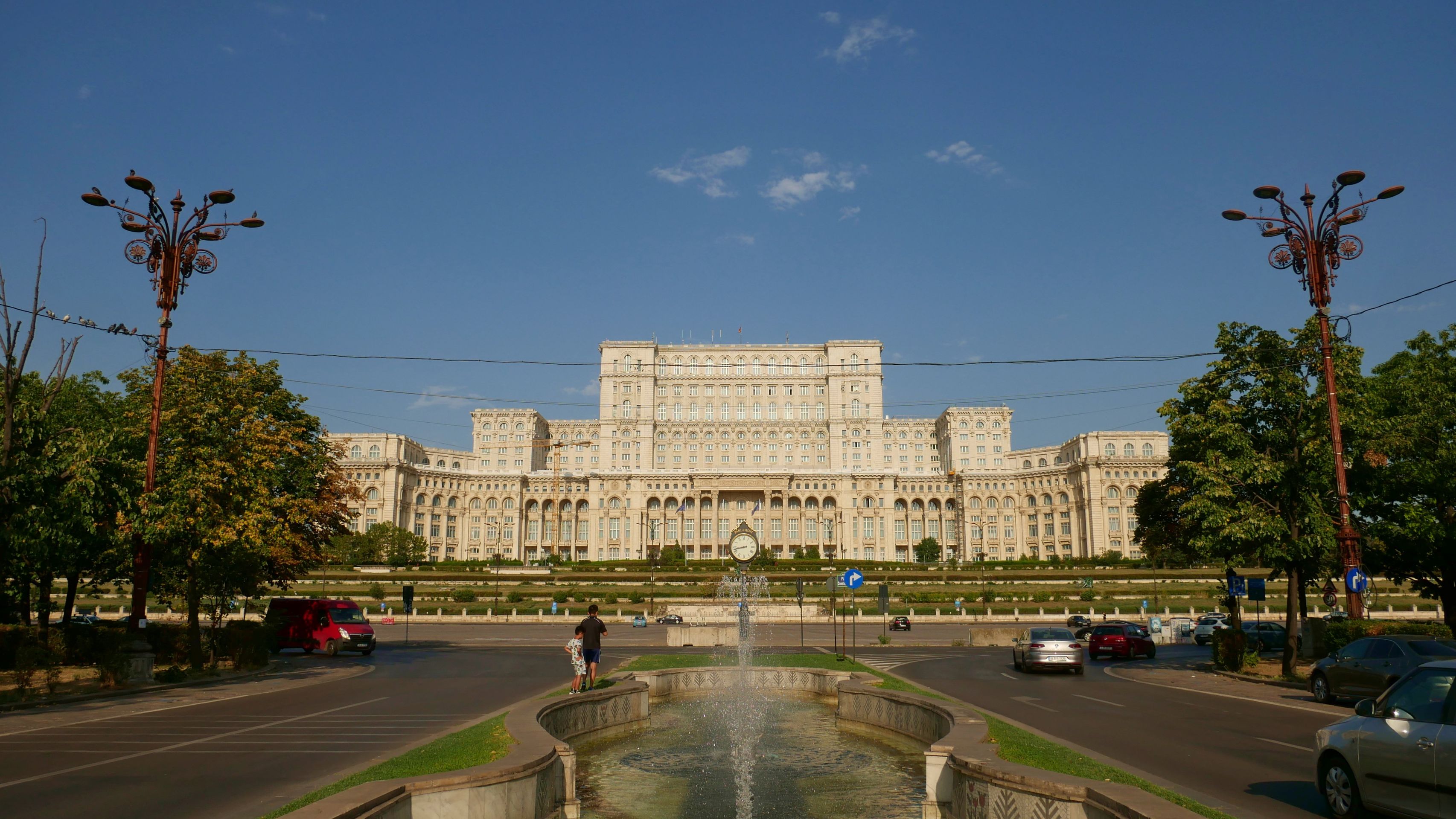
A symbol of the megalomania of the communist dictator Ceaușescu is the Palace of Parliament in Bucharest, built by 20,000 (forced) workers and estimated to have cost 3.3 billion euros for marble, chandeliers, carpets, and more. Today, the palace of the former dictator, including the huge fountains, is also open to the public - as an apology for all the injustice, now the Romanian worker can celebrate a Romanian wine festival amidst luxury or enjoy the evening show at the fountains. Is it a form of reparation or the only sensible way to make use of this megalomania today?
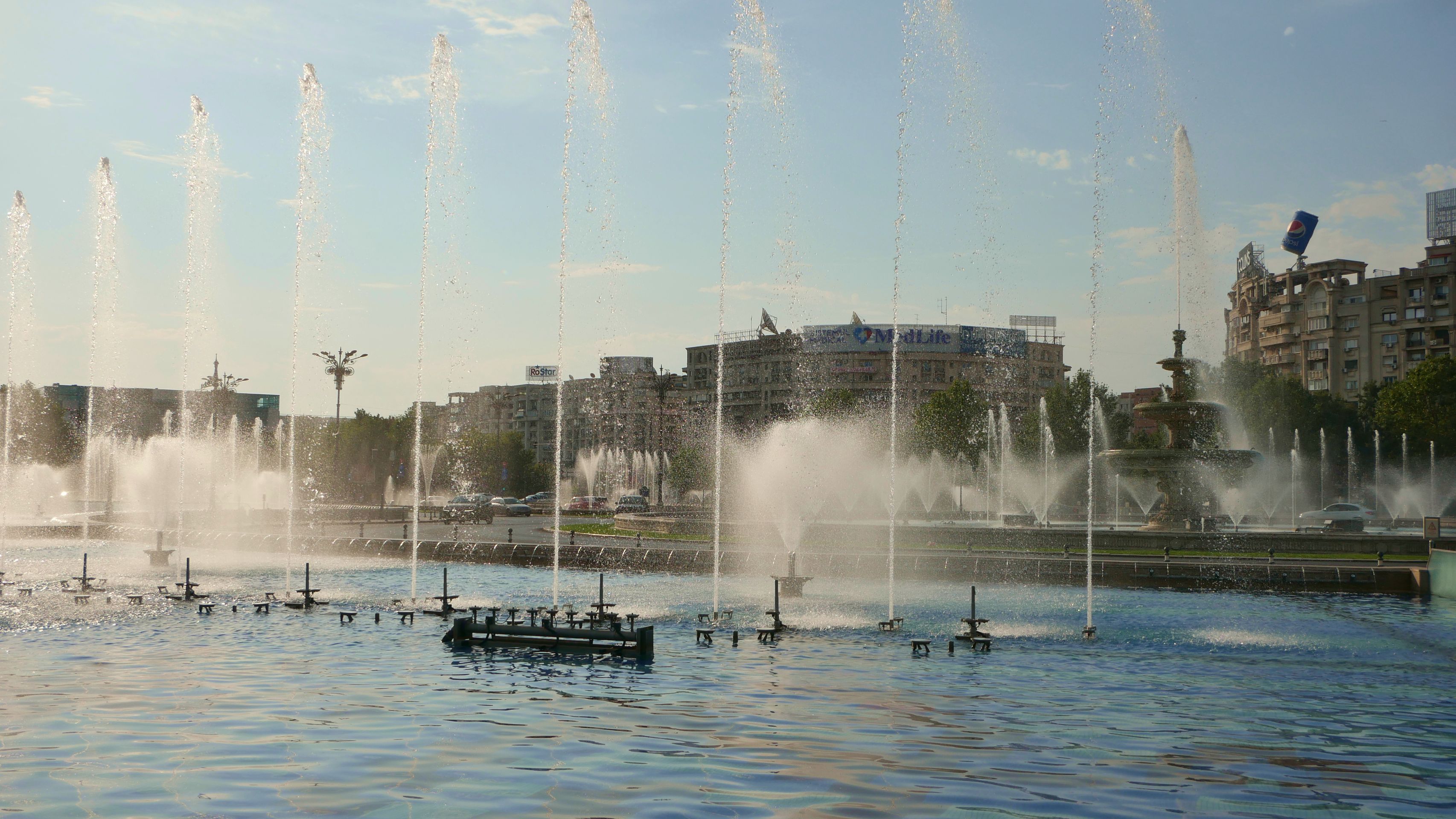
We find many ideas of the political left sympathetic, and the constant harsh confrontation with organized right-wing forces has obscured the fact that dictatorships, whether nationalist or communist, are a disaster for a country and its people. We see that the danger exists again today throughout Eastern Europe: Poland, Hungary, and even in our own home.
สมัครรับจดหมายข่าว
คำตอบ
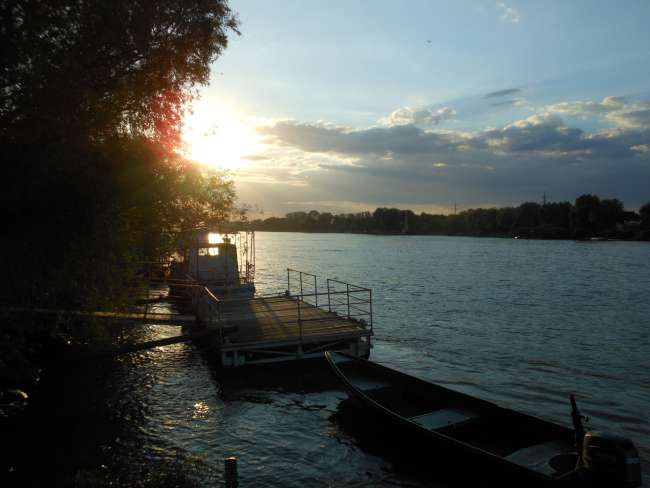
รายงานการเดินทาง โรมาเนีย

